Visiting Western
Conduct of Visitors/General Public on School Property
The definition of general public is anyone who does not come under the definition of student, faculty member, staff member, or employee.
All visitors, parents, guardians, etc., who visit the School for any reason (i.e., volunteering in the classroom, observation, meeting with school staff, etc.) are required to enter the School through the main/front doors, report to the school office, sign in, present identification, and wear a visitor badge at all times. In order to ensure the safety of the campus community, entrance to the School through other entrances is not permitted by visitors. All visitors must be escorted by a staff member at all times.
No person shall visit or audit a classroom or other School activity, nor shall any person come upon or remain upon School premises, without prior approval by the Administrator or his/her authorized representative. Nor shall any person conduct or attempt to conduct any activity on School premises without prior approval by the Administrator or his/her authorized representative.
Any member of the general public considered by the Administrator, or a person authorized by the Administrator, to be in violation of these rules shall be instructed to leave School property. Failure to obey the instruction may subject the person to criminal proceedings pursuant to A.R.S. § 13-2911 and to any other applicable civil or criminal proceedings, or to tribal ordinance.
Persons who engage in disorderly conduct of any kind may be subject to removal and exclusion from the School.
No person shall possess or engage in the use of medical marijuana on School property or at school-sponsored events.
No person shall engage in conduct that may cause interference with or disruption of an educational institution. Interference with or disruption of an educational institution includes any act that might reasonably lead to the evacuation or closure of any property of the educational institution or the postponement, cancellation or suspension of any class or other school activity. For the purposes of this policy, an actual evacuation, closure, postponement, cancellation or suspension is not required for the act to be considered interference or disruption.
A person commits interference with or disruption of an educational institution by doing any of the following:
Intentionally, knowingly or recklessly interfering with or disruption of the normal operations of the School by either:
Threatening to cause physical injury to any employee or student of the School or any person on the property of the School.
Threatening to cause damage to the School, the property of the School, or the property of any student or employee of the School.
Intentionally or knowingly entering or remaining on the property of the School for the purpose of interfering with or denying lawful use of the property to others.
Intentionally or knowingly refusing to obey a lawful order given by the Principal, Director of Operations, or another person designated to maintain order at the School.
The above identified acts need not be directed at a specific individual, the School, or specific property of the School to constitute a violation of this policy. Restitution for any financial loss caused by a violation of the policy may be required. Furthermore, an individual who interferes with or disrupts an educational institution is subject to misdemeanor or felony charges as provided in A.R.S. § 13-2911.
A person may also interfere with or disrupt the operation of the School by committing any of the following:
Any conduct intended to obstruct, disrupt, or interfere with teaching, research, service, administrative, or disciplinary functions or any activity sponsored or approved by the School Board.
Physical or verbal abuse or threat of harm to any person on property owned or controlled by the School or at school-sponsored functions.
Forceful or unauthorized entry to or occupation of School facilities, including both buildings and grounds.
Illicit use, possession, distribution, or sale of tobacco, alcohol, or drugs, other controlled substances, or other illegal contraband on School property or at school-sponsored functions.
Use of speech or language that is offensive or inappropriate to the limited forum of the public school educational environment.
Failure to comply with the lawful directions of School officials or of law enforcement officers acting in performance of their duties, and failure to identify oneself to such officials or officers when lawfully requested to do so.
Knowing violation of a School rule and/or Policy. Proof that an alleged violator has a reasonable opportunity to become aware of such rules and regulations shall be sufficient proof that the violation was done knowingly.
Any conduct constituting an infraction of any federal, state, or city law or policy of the School Board.
Carrying or possessing a weapon on School grounds unless the individual is a peace officer or has obtained specific authorization from the appropriate School administrator.

